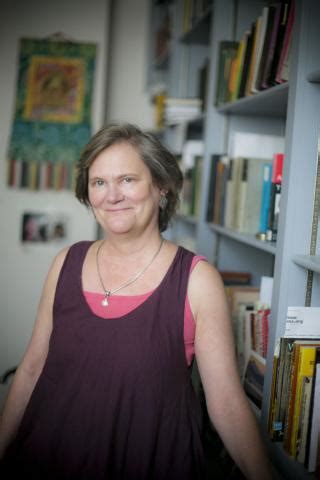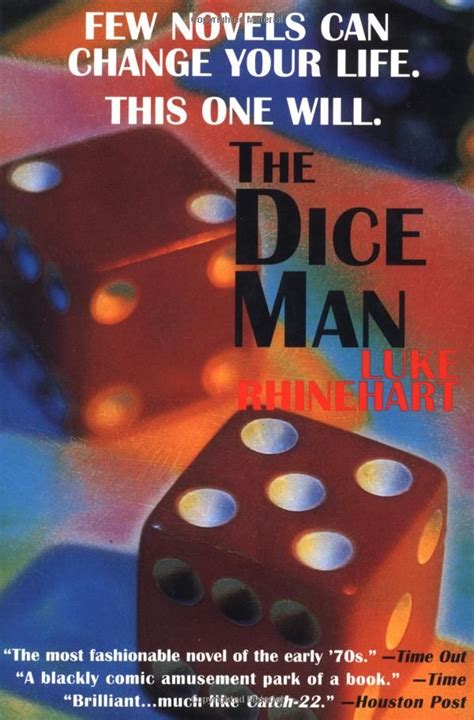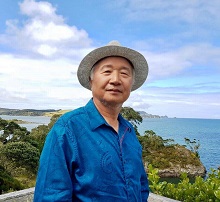A Quote by George Pope Morris
You desire to be learned, wealthy, and great, without labor; it is one of the follies still extant in the world.
Related Quotes
I have wrestled with death. It is the most unexciting contest you can imagine. It takes place in an impalpable greyness, with nothing underfoot, with nothing around, without spectators, without clamour, without glory, without the great desire of victory, without the great fear of defeat, in a sickly atmostphere of tepid scepticism, without much belief in your own right, and still less in that of your adversary.
Desire is insatiable not because the goods of the world are too few, too uniform, or too bland. Desire burns through the goods of the world, even though these goods are not false or intrinsically unsatisfactory.... Desire shatters the economy of things; it disputes the tyranny of objects. IT longs for the great emptiness, which is beauty and love without limitation.
We have the Noble Desire to help others and benefit the world, without expecting any return or recognition. What makes us great is not our knowledge, skill, money, or power. What makes us great is not our knowledge, skill, money, or power. What makes us truly great is this noble desire, this passion that transcends all separation, goes beyond one's limitations, and wants to hug others and embrace the whole world. This is not something that we need to learn, because we already have it. It just needs to be acknowledged and awakened.
All of us, poor & rich alike, have been conditioned by our upbringings. Impoverished men & women may become lulled into a state of "learned helplessness" without hope to change their lives. Likewise, the wealthy can walk in a state of "learned blindness" ignoring the desperation of the local & global poor.
There aren't many such enthusiasts born. The average person is not especially curious about the world. He is alive, and being somehow obliged to deal with this condition, feels the less effort it requires, the better. Whereas learning about the world is labor, and a great all-consuming one at that. Most people develop quite antithetical talents, in fact - to look without seeing, to listen without hearing, mainly to preserve onself within oneself.
Science only means knowledge; and for [Greek] ancients it did only mean knowledge. Thus the favorite science of the Greeks was Astronomy, because it was as abstract as Algebra. ... We may say that the great Greek ideal was to have no use for useful things. The Slave was he who learned useful things; the Freeman was he who learned useless things. This still remains the ideal of many noble men of science, in the sense they do desire truth as the great Greeks desired it; and their attitude is an external protest against vulgarity of utilitarianism.



































